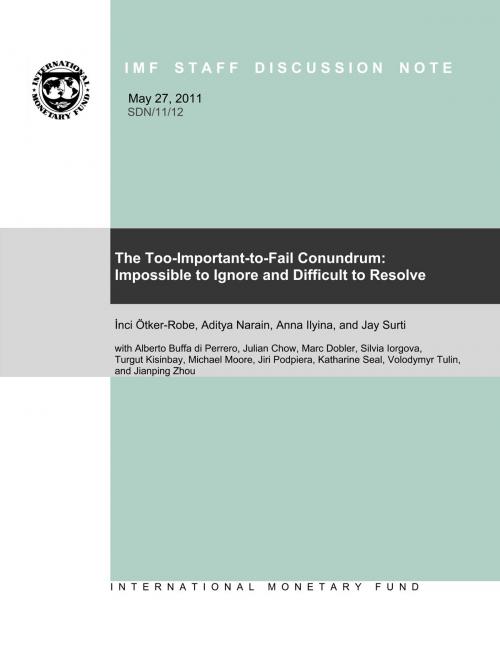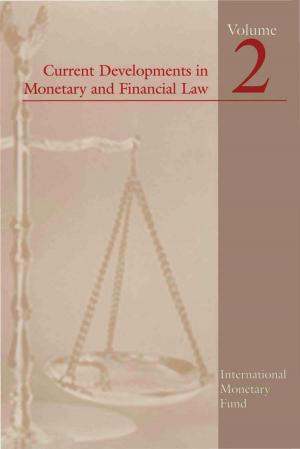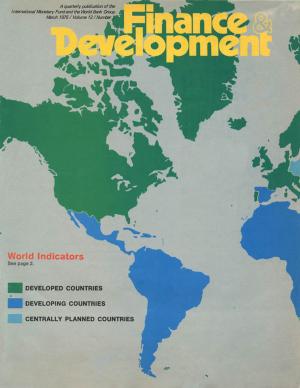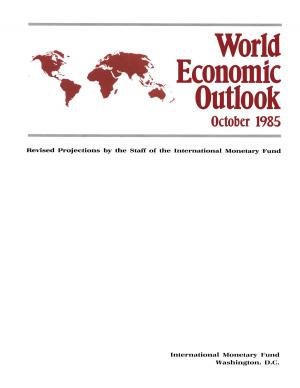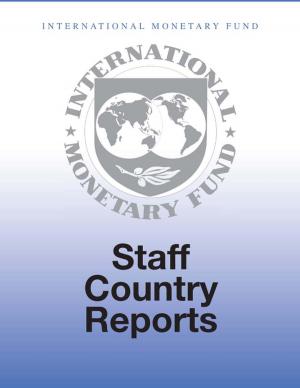The Too-Important-to-Fail Conundrum: Impossible to Ignore and Difficult to Resolve
Business & Finance, Economics, Money & Monetary Policy, Macroeconomics| Author: | Inci Ms. Ötker, Aditya Narain, Anna Ilyina, Jay Surti | ISBN: | 9781463938987 |
| Publisher: | INTERNATIONAL MONETARY FUND | Publication: | May 27, 2011 |
| Imprint: | INTERNATIONAL MONETARY FUND | Language: | English |
| Author: | Inci Ms. Ötker, Aditya Narain, Anna Ilyina, Jay Surti |
| ISBN: | 9781463938987 |
| Publisher: | INTERNATIONAL MONETARY FUND |
| Publication: | May 27, 2011 |
| Imprint: | INTERNATIONAL MONETARY FUND |
| Language: | English |
The unprecedented scope and intensity of the global financial crisis and the subsequent large-scale public support of systemically important financial institutions have brought to the fore the moral hazard problems arising when creditors, shareholders, management and customers of such institutions assume that governments stand behind them. The expectation of such government support has become even stronger following the failure of Lehman Brothers, as its failure was seen to have been hugely disruptive to wider financial systems and economies. Being perceived as too-important-to-fail (TITF) allows these institutions to operate with higher leverage and to borrow at preferential rates compared to other, systemically less important institutions. A series of proposals have been put forward at national and global levels to address this moral hazard risk by attempting to reduce the likelihood and/or the cost of failures and provide a framework for an orderly resolution. This paper takes stock of these proposals, including those proposed by IMF staff, discusses how they might address the TITF problem, and provides staff views on their effectiveness.
The unprecedented scope and intensity of the global financial crisis and the subsequent large-scale public support of systemically important financial institutions have brought to the fore the moral hazard problems arising when creditors, shareholders, management and customers of such institutions assume that governments stand behind them. The expectation of such government support has become even stronger following the failure of Lehman Brothers, as its failure was seen to have been hugely disruptive to wider financial systems and economies. Being perceived as too-important-to-fail (TITF) allows these institutions to operate with higher leverage and to borrow at preferential rates compared to other, systemically less important institutions. A series of proposals have been put forward at national and global levels to address this moral hazard risk by attempting to reduce the likelihood and/or the cost of failures and provide a framework for an orderly resolution. This paper takes stock of these proposals, including those proposed by IMF staff, discusses how they might address the TITF problem, and provides staff views on their effectiveness.
